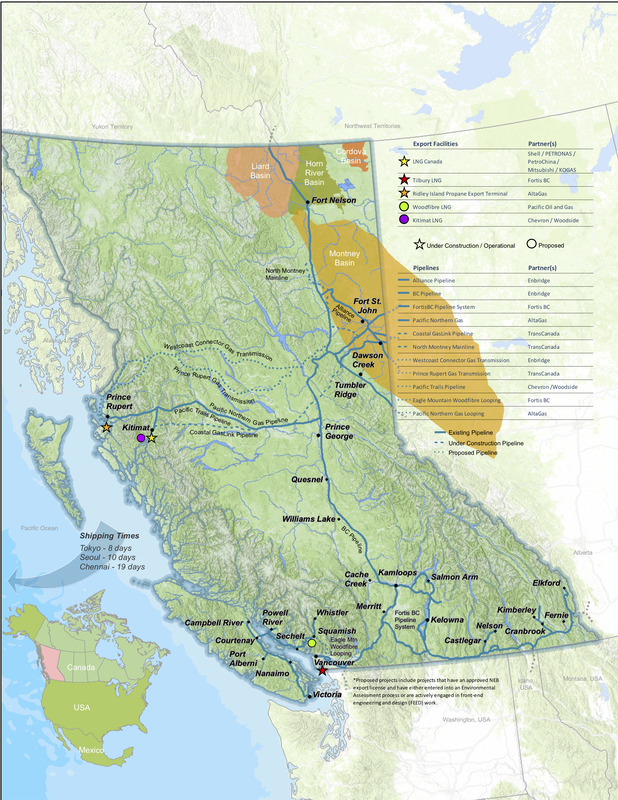STAY INFORMED
on the state of
science & fisheries
in Canada
Inadequate environmental impact assessments and crippled environmental legislation are still governing the fate of the Canadian landscape--but that could soon change.
Despite Justin Trudeau's inaugural promise to reinvest in ocean science, restore the scientific capability of the Department of Fisheries and Oceans, and use scientific evidence in environmental decision-making, liquefied natural gas projects continue to be approved without the amendments to environmental legislation Trudeau promised three years ago.
That being said, not all is lost. Amendments to the Fisheries Act and a newly-proposed Impact Assessment Act are currently being discussed in the Senate. Proposed amendments were introduced in February 2018 and passed the House of Commons in July 2018.
Soon after his inauguration, Justin Trudeau initiated a review of environmental and regulatory processes in response to rollbacks of environmental legislation under Stephen Harper. Over three years later, these promises may be coming to fruition.
Canada's next election is in October 2019.
Despite Justin Trudeau's inaugural promise to reinvest in ocean science, restore the scientific capability of the Department of Fisheries and Oceans, and use scientific evidence in environmental decision-making, liquefied natural gas projects continue to be approved without the amendments to environmental legislation Trudeau promised three years ago.
That being said, not all is lost. Amendments to the Fisheries Act and a newly-proposed Impact Assessment Act are currently being discussed in the Senate. Proposed amendments were introduced in February 2018 and passed the House of Commons in July 2018.
Soon after his inauguration, Justin Trudeau initiated a review of environmental and regulatory processes in response to rollbacks of environmental legislation under Stephen Harper. Over three years later, these promises may be coming to fruition.
Canada's next election is in October 2019.

 RSS Feed
RSS Feed